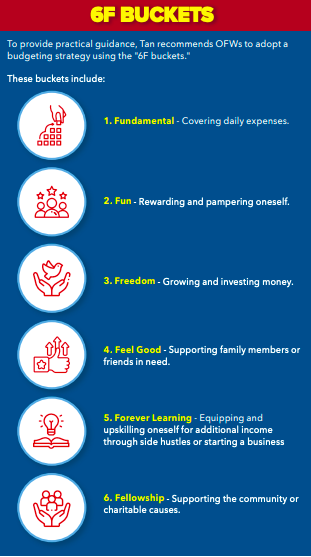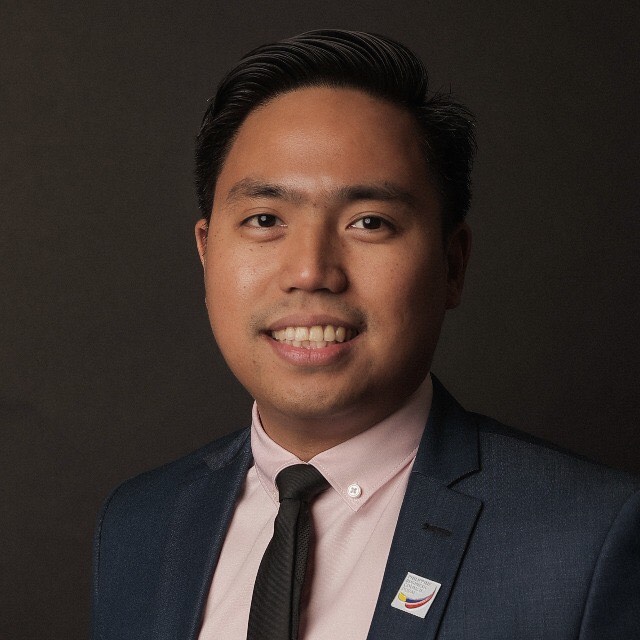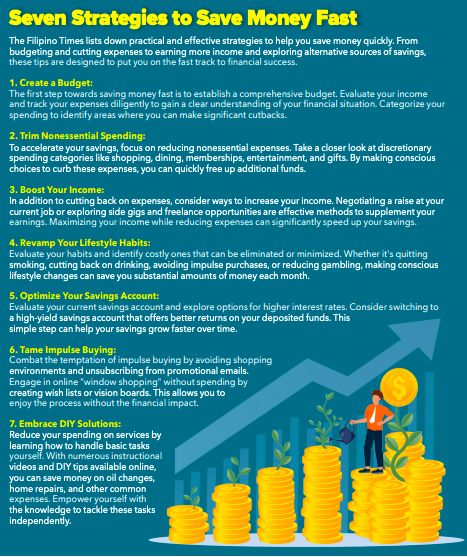A heart-wrenching viral story of a former overseas Filipino worker (OFW) named “Ramon” resurfaced online, shedding light on the harsh realities faced by countless Filipinos who sacrifice their lives to support their families abroad.
Ramon’s story, which spans 21 years of toil in Saudi Arabia, underscores the sacrifices and challenges endured by OFWs.
His story initially went viral in 2019, and it has recently regained online attention after a content creator shared it on May 28. The post has since received an overwhelming response, amassing over 13,000 shares on Facebook.
Ramon, who was once a source of hope for his family, experienced a painful turning point when he came back to the Philippines in December 2018.
His hopes for relief from the relatives he had helped were shattered as he suffered from severe pain that hindered him from working.
According to the viral post, Ramon, now 61, grapples with illness and the absence of means to continue supporting his siblings and nieces and nephews, whom he had selflessly helped.
Left without financial assistance, he roams the streets in search of stability, battling hunger and uncertainty. Luneta, a public park in Manila, has reluctantly become his makeshift refuge.
The story of Ramon, featured on The Filipino Times, struck a chord with OFWs. From battling illness without support from their own family and coping with profound homesickness, many others shared their own experiences.
“Ako nararanasan ko magkasakit, ‘ganun pala ‘pag sinabi mo may sakit ka. Wala na mangangamusta sa’yo. Kaya habang malakas mag-ipon para sa sarili,” commented one user.
Some couldn’t help but lament their frustrations.
“Isakripisyo pati pagbuo ng sariling pamilya. Lamig, init, pagod, puyat, dugot’ pawis wala sa oras ang pagkain at lahat ng discrimination ng ibang lahi ang tiniis na hindi naman nila alam, na kahit ipaalam mo balewala sa kanila ‘yun dahil hindi naman sila ang nakakaranas ng mga ‘yan,” shared another netizen.
One netizen emphasized that Filipinos abroad are not exempt from experiencing fatigue and weariness as they navigate the challenges of working abroad.
“Hindi kami robot o makina na puro trabaho lang, TAO DIN KAMI,” stated one Facebook user.
Their comments reveal that behind the shimmering facade of overseas success lies the untold narrative of sacrifices made, dreams deferred, and the relentless battle for financial stability. It is a story that demands our attention, forcing us to confront the realities that lie beneath the surface of the OFW phenomenon.
‘Overdependency’
According to the Commission on Filipinos Overseas (CFO), over-dependency on the earnings of OFWs by their families and relatives is a significant factor contributing to financial struggles.
Another contributing factor to the issue, according to CFO, could be the pre-existing debt burden carried by families even before their loved ones go abroad. Loans and excessive borrowing, with the anticipation of repayment upon securing overseas employment, further exacerbate the problem.
Moreover, they pointed out that there exists a set of unrealistic expectations from both the migrant worker and their families. Anticipating an immediate improvement in quality of life and financial stability, both parties often lack financial restraint and readily succumb to family requests for remittances and gifts from abroad.
Compounding the situation is the lack of long-term savings and financial planning. Both the worker and their family lack clear goals and easily become distracted by consumerism and material possessions.
The need for Financial Literacy and Investment training be given to OFWs and their families was also the recommendation of a recent study conducted by Dr. Melba L. Manapol, Sheryl R. Lopez, and Ma. Vanessa E. Sobrejuanite of Ateneo de Davao University. The study shed light on the saving and spending habits of Overseas Filipino Workers (OFWs) and their families.
The study reveals that the top three expenditures of OFWs consist of remittances to their families, food, and communication. Conversely, the left-behind families prioritize spending on education, food, utilities, and transportation.
Learn to say ‘NO’
Wandalyn Tan-Calupig, a financial advocate, and life coach, emphasizes the importance of setting boundaries and saving for retirement within the Philippines.

She states, “Saying NO is not selfish but a must because you need to take care of yourself, so you have more money, time, and energy to take care of others.”
Tan-Calupig recommends OFWs to adopt a budgeting strategy using the “6F buckets” which includes prioritizing the fundamentals, setting aside money for fun, freedom, feel good, forever learning and fellowship.

Financial Coach Jay Tolentino stresses the need for open and honest conversations about finances within families. He warns against enabling a cycle of dependency, urging OFWs to set limits on remittances and encourage their loved ones to develop their own skills and sources of income.
“The only way to handle this is to have that tough conversation with your family. There’s no way around it. Be honest, open and tell them your financial situation. Magkano sweldo mo, magkano talaga nagagastos mo etc. It’s better to have that uncomfortable, awkward conversation now than suffer from regret when you’re old and weak. Mahirap kasi kapag nasanay sila na palagi kang nagpapadala. Minsan akala mo nakakatulong ka pero in reality, nagiging dependent na sila sayo and hindi na sila natututong magbanat ng sarili nilang buto,” said Tolentino.

Full support
The study on OFWs Spending Habits uncovered a notable finding regarding the limited clarity among OFWs and their families regarding savings and investment. They often perceive investments as mere savings, while considering bank savings as investments. This underscores the importance of providing comprehensive financial literacy and investment training to both OFWs and their families, addressing this knowledge gap and promoting better financial decision-making.
The government has implemented various programs to address the financial challenges faced by OFWs.
The “Tulong Puso Program,” administered by the Department of Labor and Employment (DOLE) and the Overseas Workers Welfare Administration (OWWA), offers livelihood financial grants to support the establishment, expansion, or restoration of businesses for OFW groups. The program aims to guide and develop sustainable income-generating projects.
Another initiative, the “Balik Pinas! Balik Hanapbuhay! Program,” provides immediate relief to distressed or displaced returning OFWs by offering livelihood support and assistance of up to Php 20,000. This financial aid serves as start-up or additional capital for their entrepreneurial endeavors.
Furthermore, the Overseas Filipino Workers – Enterprise Development and Loan Program (OFW-EDLP), formerly known as the OFW-Reintegration Program (ORP), is a collaborative effort between the OWWA, Land Bank of the Philippines (LBP), and the Development Bank of the Philippines (DBP). It aims to promote enterprise development among OFWs.
Learning from Ramon
Fitch Solutions reports that over the past decade, OFW remittances have consistently played a significant role in bolstering the Philippine economy, constituting an average of nearly 10 percent of the gross domestic product (GDP).
While the trend demonstrated a positive trend for the Philippines, data show an opposite outlook for individual OFWs.
According to the Social Security System (SSS), out of the estimated 10 million overseas Filipino workers (OFWs) based on CFO data, only 1.5 million are active SSS members.
This indicates that a significant majority of OFWs, approximately 8.5 million individuals, are unable to avail themselves of pension benefits or access social services upon their return to the Philippines.
Drawing inspiration from Ramon’s journey, his story serves as a powerful reminder that while generosity and sacrifice are admirable qualities, it is equally crucial for OFWs to prioritize their own well-being and future.
By shifting their focus towards strategic planning and securing their own financial stability, they can transform their lives from selfless contributors to empowered individuals shaping their own destinies.
Ramon’s tale illuminates the path towards a brighter future, where OFWs can break free from the cycle of selflessness and forge their own legacy of success.





